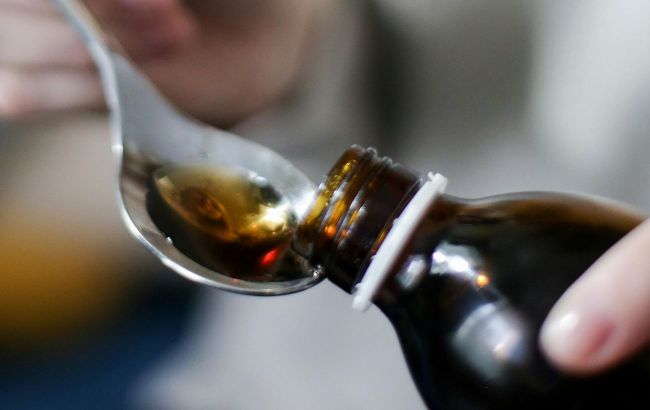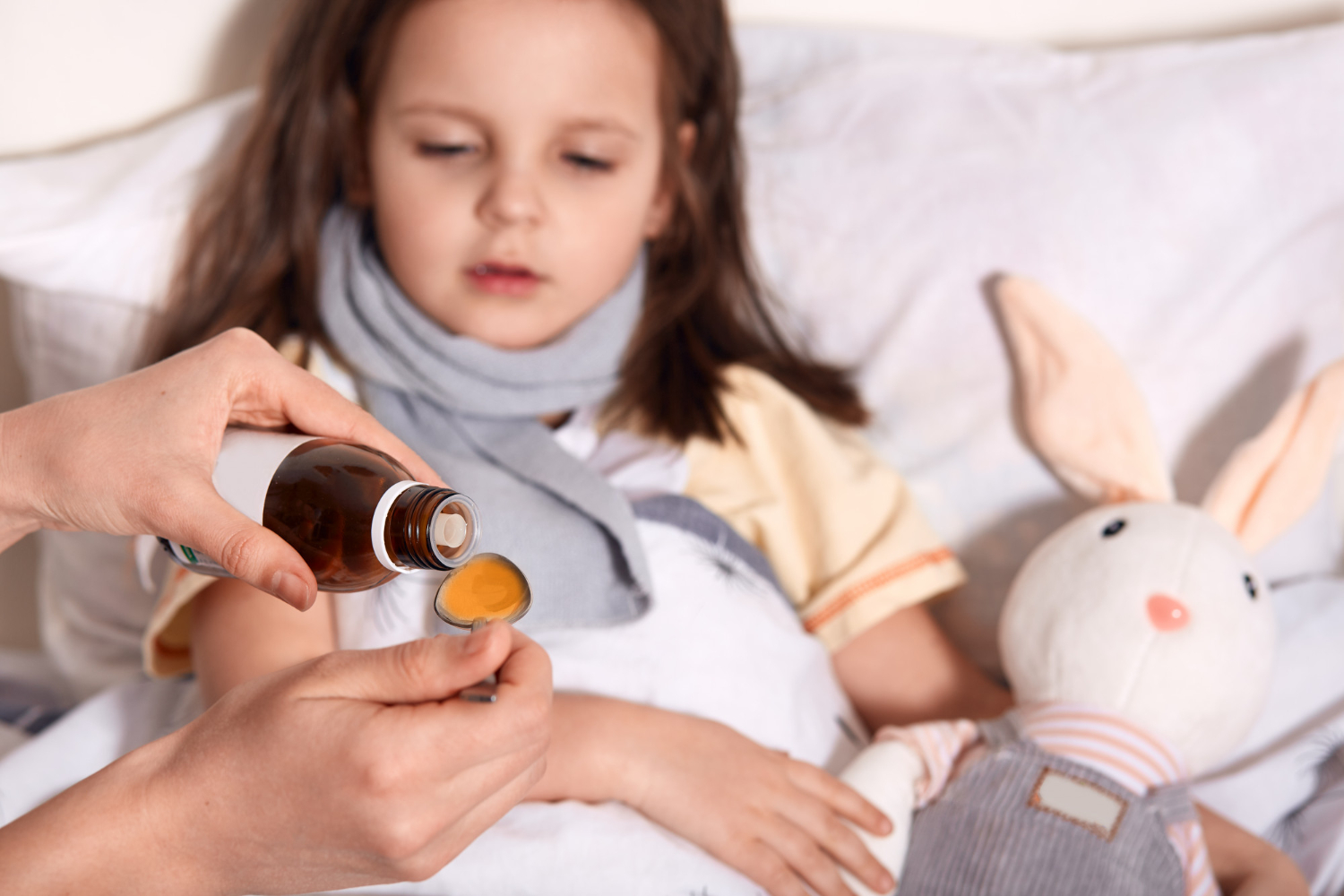Cough syrup myths: Does it really treat cough and who should avoid it
 Cough syrups are popular during cold season (photo: Pexels)
Cough syrups are popular during cold season (photo: Pexels)
This autumn, India reported several cases of child deaths after consuming cough syrups that contained the toxic substance diethylene glycol. These medications are widely used worldwide during seasonal colds.
Doctor of Medical Sciences, professor, and head of the Department of Clinical Pharmacology and Clinical Pharmacy at Bogomolets National Medical University, Mykola Khaitovych, explained whether similar incidents could pose a risk to patients in other countries, and when cough syrups are actually needed and for whom.
What is the situation with cough syrups on the market?
According to Reuters, 19 children died in India in late September after taking cough syrups containing diethylene glycol. At the same time, the WHO reported that diethylene glycol (DEG) was detected in at least three oral liquid cough medications produced by Sresan Pharmaceutical, Rednex Pharmaceuticals, and Shape Pharma.
"Mass poisoning cases involving diethylene glycol, including in India, were caused by contamination of DEG in certain pharmaceutical raw materials, such as glycerin. The risk theoretically exists in other countries as well, and its scale and probability depend on the supply chain, in particular, where raw materials or finished products are sourced from, as well as the effectiveness of the national regulator and laboratory control," Mykola Khaitovych commented on the incident.
Regarding quality control mechanisms for cough syrups and their reliability compared to India, the expert noted: if the country's regulatory system and manufacturers comply with GMP (Good Manufacturing Practice) standards, conduct incoming raw material control according to modern recommendations (analytical testing for DEG/EG), and if state laboratories perform selective inspections, then the risk is significantly lower.
Whether cough syrups make sense
Khaitovych explained that for young children, the use of cough syrups is not supported by evidence-based medicine, as their effectiveness has not been proven, and potential risks and dosing errors can be hazardous.
"For school-age children and adults, the use of certain cough suppressants, such as dextromethorphan, or mucolytics, such as guaifenesin, in syrup form may provide symptomatic relief, but their effect is often mild and short-lived. Syrups containing ambroxol or acetylcysteine can be used, but with age restrictions in place. Codeine-containing syrups are contraindicated for children due to the risk of respiratory depression," the expert emphasized.
Syrups for dry and wet cough: what's the difference
Mykola Khaitovych noted that a dry, nonproductive cough in acute respiratory illness is a sign of airway irritation, and cough suppressants such as dextromethorphan are used to alleviate it.
In the case of a wet (productive) cough during a respiratory illness, the person produces phlegm, and doctors prescribe mucolytic agents such as guaifenesin, ambroxol, and acetylcysteine to help clear it.
The expert pointed out that the number of scientifically grounded recommendations for treating acute cough in children remains limited today.
"Over-the-counter cough medicines should definitely not be used for young children," the specialist stressed.
 Cough syrup is often given to children (illustrative photo: Freepik)
Cough syrup is often given to children (illustrative photo: Freepik)
What alternatives doctors prescribe instead of syrups
Khaitovych listed the following non-medication measures for cough caused by a respiratory infection:
• Plenty of fluids
• Humidifying the air
• Saline nasal rinses/instillations
• Elevated head position at night
• Rest
"For a child older than one year, a spoonful of honey can be given at night to ease coughing. Of course, only if there is no honey allergy," the expert added.
If there is a well-founded suspicion of a bacterial infection (such as sinusitis or bacterial pneumonia), doctors prescribe antibiotic therapy.
If a child experiences bronchospasm (for example, during an asthma attack), inhaled β2-agonists such as salbutamol are used.
Which symptoms after taking the syrup are dangerous
Mykola Khaitovych listed serious symptoms that should not be ignored:
- Nausea and vomiting
- Severe abdominal pain after taking the syrup
- Impaired kidney function (low or absent urine output, facial swelling, increased creatinine levels)
- Rapid or difficult breathing, shortness of breath
- Bluish discoloration of the skin
"These are signs that may indicate a serious adverse reaction or poisoning (including DEG/EG contamination) and require immediate medical attention," the expert emphasized.
This material is for informational purposes only and should not be used for medical diagnosis or self-treatment. Our goal is to provide readers with accurate information about symptoms, causes, and methods of detecting diseases. RBС-Ukraine is not responsible for any diagnoses that readers may make based on materials from the resource. We do not recommend self-treatment and advise consulting a doctor in case of any health concerns.

